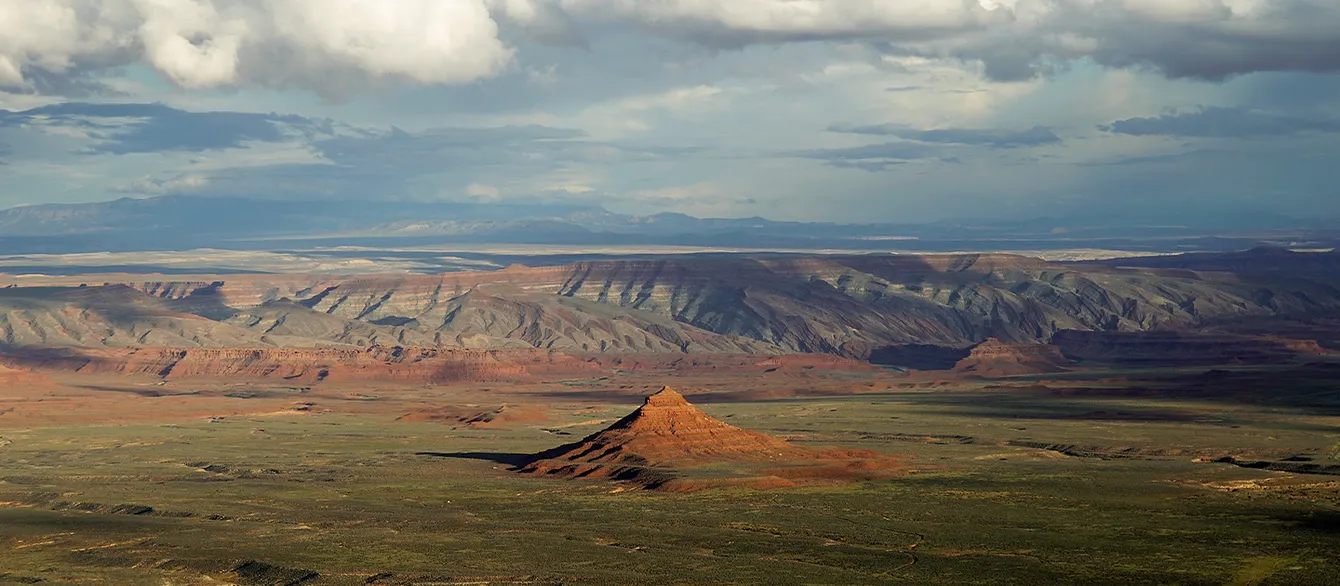2 Chronicles 24
1 Joash was seven years old when he became king, and he reigned forty years in Jerusalem; and his mother's name was Zibiah from Beersheba.
2 Joash did what was right in the sight of the LORD all the days of Jehoiada the priest.
3 Jehoiada took two wives for him, and he became the father of sons and daughters.
4 Now it came about after this that Joash decided to restore the house of the LORD.
5 He gathered the priests and Levites and said to them, ``Go out to the cities of Judah and collect money from all Israel to repair the house of your God annually, and you shall do the matter quickly." But the Levites did not act quickly.
6 So the king summoned Jehoiada the chief priest and said to him, ``Why have you not required the Levites to bring in from Judah and from Jerusalem the levy fixed by Moses the servant of the LORD on the congregation of Israel for the tent of the testimony?"
7 For the sons of the wicked Athaliah had broken into the house of God and even used the holy things of the house of the LORD for the Baals.
8 So the king commanded, and they made a chest and set it outside by the gate of the house of the LORD.
9 They made a proclamation in Judah and Jerusalem to bring to the LORD the levy fixed by Moses the servant of God on Israel in the wilderness.
10 All the officers and all the people rejoiced and brought in their levies and dropped them into the chest until they had finished.
11 It came about whenever the chest was brought in to the king's officer by the Levites, and when they saw that there was much money, then the king's scribe and the chief priest's officer would come, empty the chest, take it, and return it to its place. Thus they did daily and collected much money.
12 The king and Jehoiada gave it to those who did the work of the service of the house of the LORD; and they hired masons and carpenters to restore the house of the LORD, and also workers in iron and bronze to repair the house of the LORD.
13 So the workmen labored, and the repair work progressed in their hands, and they restored the house of God according to its specifications and strengthened it.
14 When they had finished, they brought the rest of the money before the king and Jehoiada; and it was made into utensils for the house of the LORD, utensils for the service and the burnt offering, and pans and utensils of gold and silver. And they offered burnt offerings in the house of the LORD continually all the days of Jehoiada.
15 Now when Jehoiada reached a ripe old age he died; he was one hundred and thirty years old at his death.
16 They buried him in the city of David among the kings, because he had done well in Israel and to God and His house.
17 But after the death of Jehoiada the officials of Judah came and bowed down to the king, and the king listened to them.
18 They abandoned the house of the LORD, the God of their fathers, and served the Asherim and the idols; so wrath came upon Judah and Jerusalem for this their guilt.
19 Yet He sent prophets to them to bring them back to the LORD; though they testified against them, they would not listen.
20 Then the Spirit of God came on Zechariah the son of Jehoiada the priest; and he stood above the people and said to them, ``Thus God has said, `Why do you transgress the commandments of the LORD and do not prosper? Because you have forsaken the LORD, He has also forsaken you.'"
21 So they conspired against him and at the command of the king they stoned him to death in the court of the house of the LORD.
22 Thus Joash the king did not remember the kindness which his father Jehoiada had shown him, but he murdered his son. And as he died he said, ``May the LORD see and avenge!"
23 Now it happened at the turn of the year that the army of the Arameans came up against him; and they came to Judah and Jerusalem, destroyed all the officials of the people from among the people, and sent all their spoil to the king of Damascus.
24 Indeed the army of the Arameans came with a small number of men; yet the LORD delivered a very great army into their hands, because they had forsaken the LORD, the God of their fathers. Thus they executed judgment on Joash.
25 When they had departed from him (for they left him very sick), his own servants conspired against him because of the blood of the son of Jehoiada the priest, and murdered him on his bed. So he died, and they buried him in the city of David, but they did not bury him in the tombs of the kings.
26 Now these are those who conspired against him: Zabad the son of Shimeath the Ammonitess, and Jehozabad the son of Shimrith the Moabitess.
27 As to his sons and the many oracles against him and the rebuilding of the house of God, behold, they are written in the treatise of the Book of the Kings. Then Amaziah his son became king in his place.
2 Chronicles 25
1 Amaziah was twenty-five years old when he became king, and he reigned twenty-nine years in Jerusalem. And his mother's name was Jehoaddan of Jerusalem.
2 He did right in the sight of the LORD, yet not with a whole heart.
3 Now it came about as soon as the kingdom was firmly in his grasp, that he killed his servants who had slain his father the king.
4 However, he did not put their children to death, but did as it is written in the law in the book of Moses, which the LORD commanded, saying, ``Fathers shall not be put to death for sons, nor sons be put to death for fathers, but each shall be put to death for his own sin."
5 Moreover, Amaziah assembled Judah and appointed them according to their fathers' households under commanders of thousands and commanders of hundreds throughout Judah and Benjamin; and he took a census of those from twenty years old and upward and found them to be 300,000 choice men, able to go to war and handle spear and shield.
6 He hired also 100,000 valiant warriors out of Israel for one hundred talents of silver.
7 But a man of God came to him saying, ``O king, do not let the army of Israel go with you, for the LORD is not with Israel nor with any of the sons of Ephraim.
8 ``But if you do go, do it, be strong for the battle; yet God will bring you down before the enemy, for God has power to help and to bring down."
9 Amaziah said to the man of God, ``But what shall we do for the hundred talents which I have given to the troops of Israel?" And the man of God answered, ``The LORD has much more to give you than this."
10 Then Amaziah dismissed them, the troops which came to him from Ephraim, to go home; so their anger burned against Judah and they returned home in fierce anger.
11 Now Amaziah strengthened himself and led his people forth, and went to the Valley of Salt and struck down 10,000 of the sons of Seir.
12 The sons of Judah also captured 10,000 alive and brought them to the top of the cliff and threw them down from the top of the cliff, so that they were all dashed to pieces.
13 But the troops whom Amaziah sent back from going with him to battle, raided the cities of Judah, from Samaria to Beth-horon, and struck down 3,000 of them and plundered much spoil.
14 Now after Amaziah came from slaughtering the Edomites, he brought the gods of the sons of Seir, set them up as his gods, bowed down before them and burned incense to them.
15 Then the anger of the LORD burned against Amaziah, and He sent him a prophet who said to him, ``Why have you sought the gods of the people who have not delivered their own people from your hand?"
16 As he was talking with him, the king said to him, ``Have we appointed you a royal counselor? Stop! Why should you be struck down?" Then the prophet stopped and said, ``I know that God has planned to destroy you, because you have done this and have not listened to my counsel."
17 Then Amaziah king of Judah took counsel and sent to Joash the son of Jehoahaz the son of Jehu, the king of Israel, saying, ``Come, let us face each other."
18 Joash the king of Israel sent to Amaziah king of Judah, saying, ``The thorn bush which was in Lebanon sent to the cedar which was in Lebanon, saying, `Give your daughter to my son in marriage.' But there passed by a wild beast that was in Lebanon and trampled the thorn bush.
19 ``You said, `Behold, you have defeated Edom.' And your heart has become proud in boasting. Now stay at home; for why should you provoke trouble so that you, even you, would fall and Judah with you?"
20 But Amaziah would not listen, for it was from God, that He might deliver them into the hand of Joash because they had sought the gods of Edom.
21 So Joash king of Israel went up, and he and Amaziah king of Judah faced each other at Beth-shemesh, which belonged to Judah.
22 Judah was defeated by Israel, and they fled each to his tent.
23 Then Joash king of Israel captured Amaziah king of Judah, the son of Joash the son of Jehoahaz, at Beth-shemesh, and brought him to Jerusalem and tore down the wall of Jerusalem from the Gate of Ephraim to the Corner Gate, 400 cubits.
24 He took all the gold and silver and all the utensils which were found in the house of God with Obed-edom, and the treasures of the king's house, the hostages also, and returned to Samaria.
25 And Amaziah, the son of Joash king of Judah, lived fifteen years after the death of Joash, son of Jehoahaz, king of Israel.
26 Now the rest of the acts of Amaziah, from first to last, behold, are they not written in the Book of the Kings of Judah and Israel?
27 From the time that Amaziah turned away from following the LORD they conspired against him in Jerusalem, and he fled to Lachish; but they sent after him to Lachish and killed him there.
28 Then they brought him on horses and buried him with his fathers in the city of Judah.






